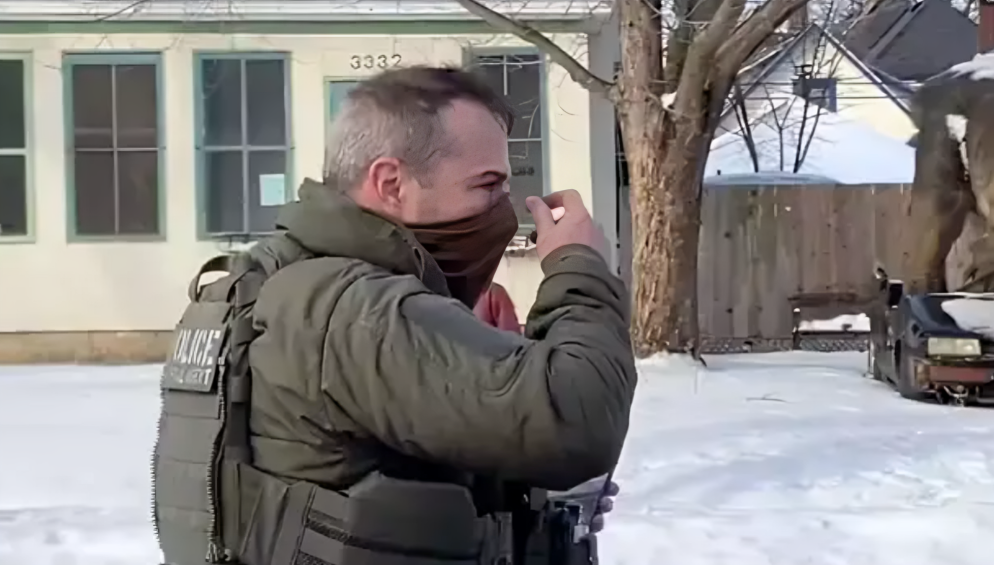Tourist’s Family Say She Could’ve Been Saved from Brazil Volcano

© ajulianamarins / Instagram
Juliana de Souza Pereira Marins, a 26-year-old tourist from Brazil, tragically lost her life after falling into a ravine during a hike up Indonesia’s Mount Rinjani. The young publicist was on a solo trip and had joined a group to trek the volcanic mountain, a popular yet dangerous destination for tourists.
During the early hours of the morning, Juliana reportedly asked to rest near a narrow section of the trail. While stepping aside, she slipped and fell hundreds of meters down the rugged cliffside. Shockingly, she was still alive for some time after the fall—witnesses claim they could hear her calling for help from below.
The Delayed Rescue Effort for the Brazil Tourist
Despite the immediate awareness of her location and the presence of drones that later confirmed movement, it took four days for rescuers to retrieve Juliana’s body. The terrain was described as too dangerous to access quickly, with fog, high altitudes, and unstable conditions complicating every attempt.

By the time the team reached her, she had succumbed to her injuries. An autopsy later confirmed she died from blunt-force trauma and internal bleeding, likely within 20 minutes of the fall. Her family, however, believes her life could have been saved if the rescue had been faster.
A Family’s Heartbreak and Frustration for the Brazilian Tourist
Back in Brazil, Juliana’s family has spoken out publicly, expressing deep frustration and heartbreak. They claim the rescue mission was poorly handled and that Indonesian authorities were too slow to act. Juliana’s mother and sister even traveled to Indonesia to demand answers and to bring her body home.
The family also revealed chilling final texts from Juliana’s phone, including one where she asked, “If I die, will you come get me?” These messages have since gone viral, adding emotional weight to the international response and sparking discussions about the safety of tourist treks in remote areas.
Mount Rinjani’s Dangerous Allure
Standing at over 3,700 meters tall, Mount Rinjani is known for its breathtaking views—but also for its perilous paths and unpredictable conditions. Many parts of the trail are narrow, steep, and lacking in safety infrastructure. While the mountain attracts thousands of hikers each year, this incident has highlighted just how unprepared some local services are for emergencies.

Juliana’s story is not the first of its kind. Fatal accidents on Rinjani have occurred before, but the spotlight on this particular tragedy has intensified calls for better safety protocols, clearer trail regulations, and improved rescue equipment.
Calls for Change
Following the incident, Indonesian officials stated they are reviewing climbing permits and considering new safety regulations. Proposals include increasing the number of guides per group, creating better emergency access points, and requiring tourists to carry GPS trackers. Whether these changes are implemented remains to be seen, but the public pressure is growing.
Juliana Marins came to Indonesia for adventure and peace. Her death, and the pain it caused those who loved her, is now a call for serious reflection in the world of adventure tourism.
You might also want to read: Brazilian Tourist Dies After Days-Trapped on Active Volcano Cliff


